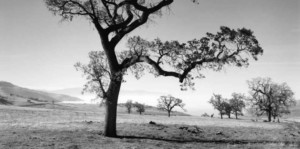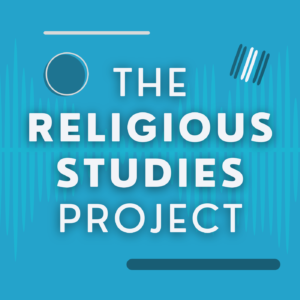
On the Global Guru Circuit: From India to the West and Back Again
As transnational gurus have increasingly mobilized globally in multidirectional patterns and occupy significant virtual spaces of connectivity, the ideal that religious traditions are dependent on geographical fixity has become increasingly destabilized.





